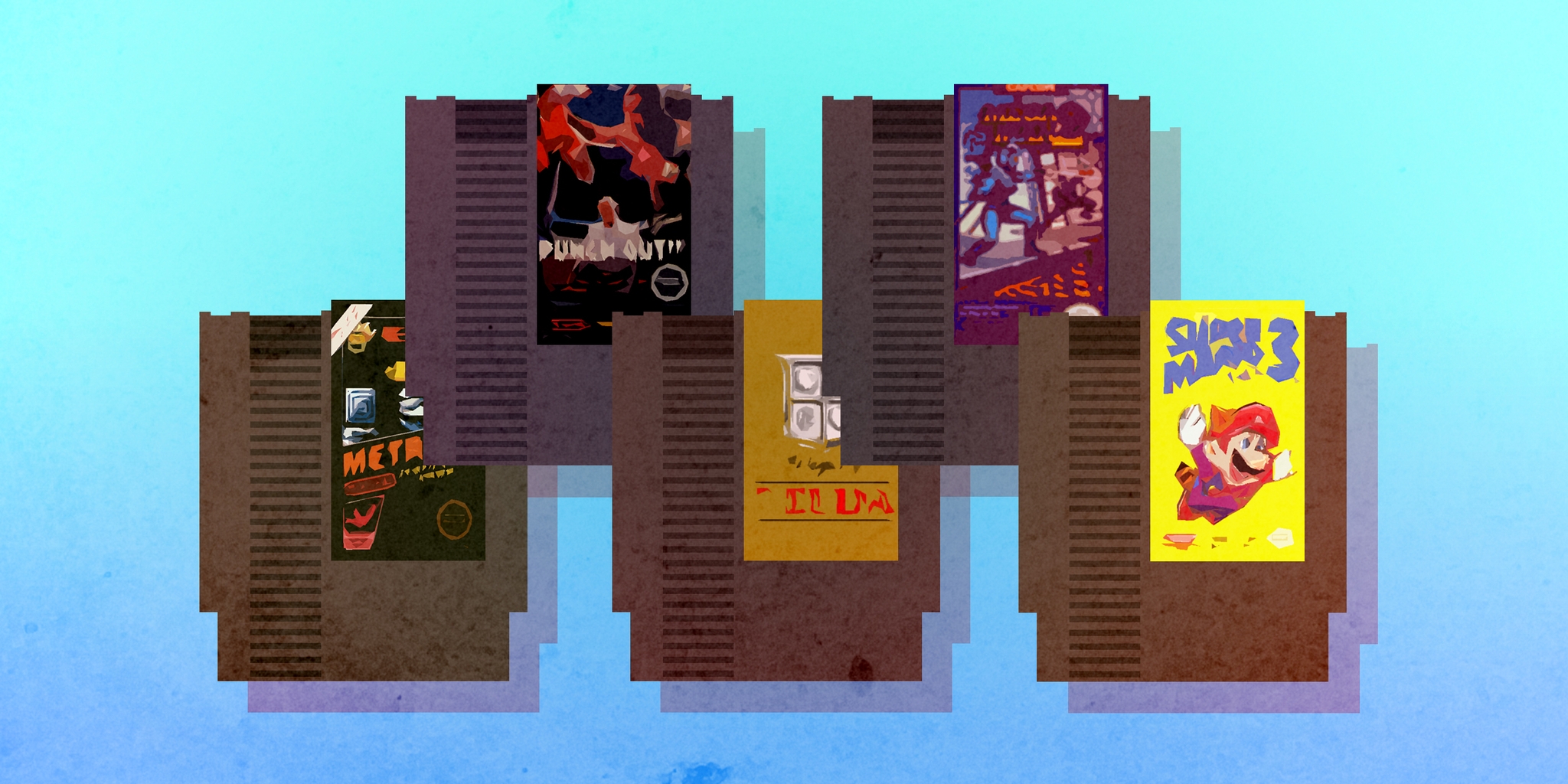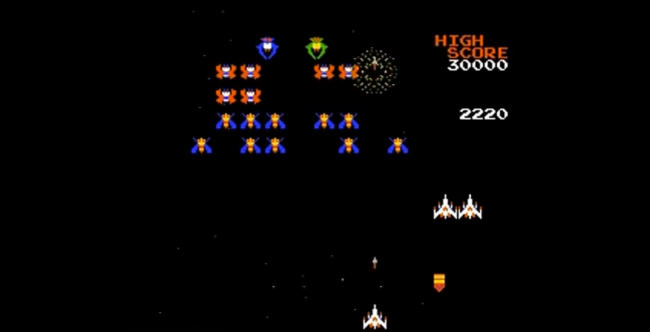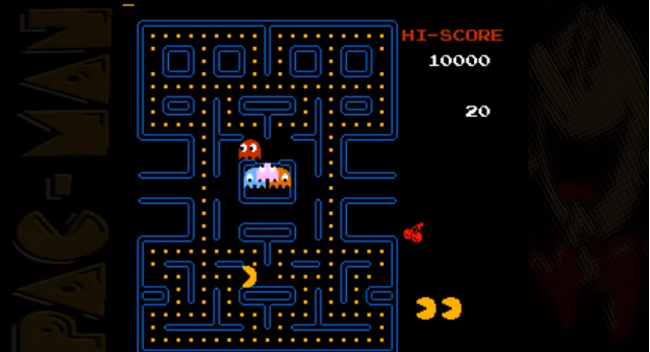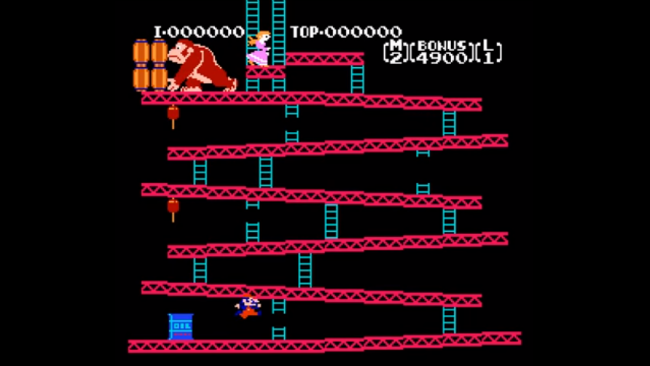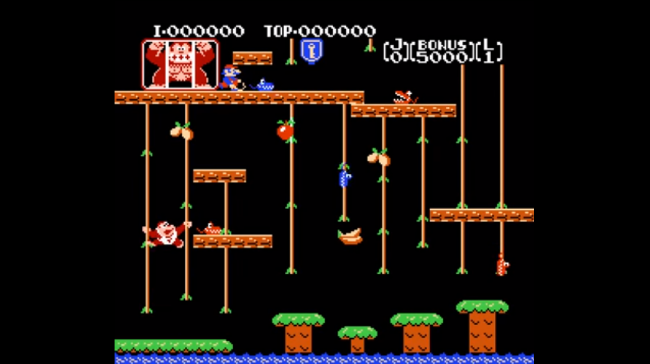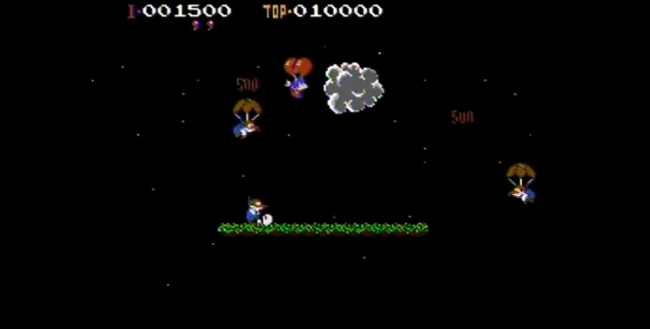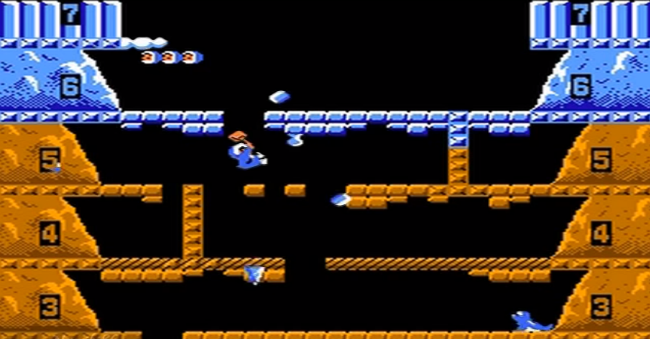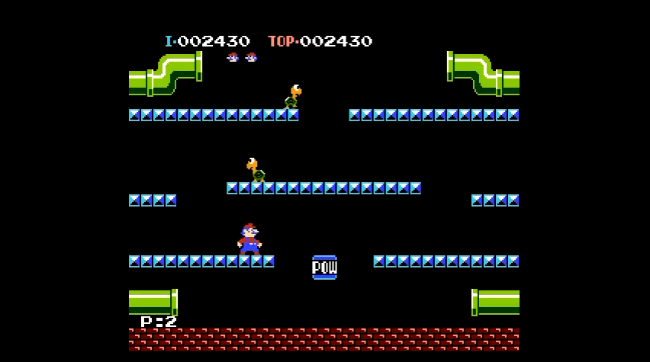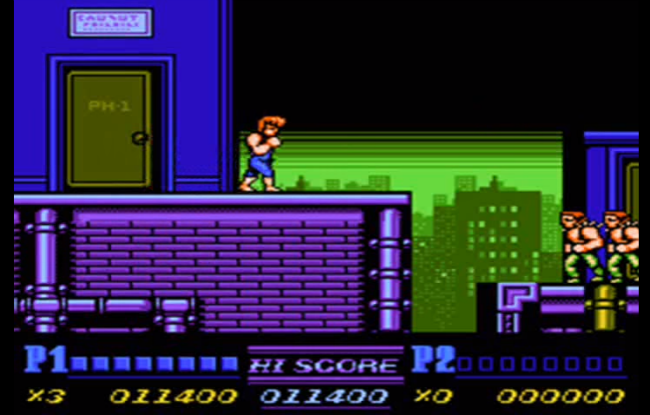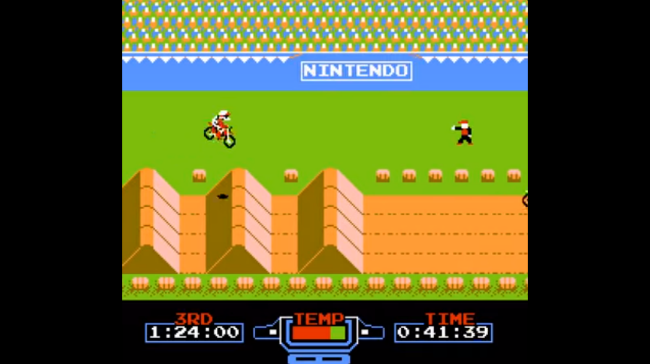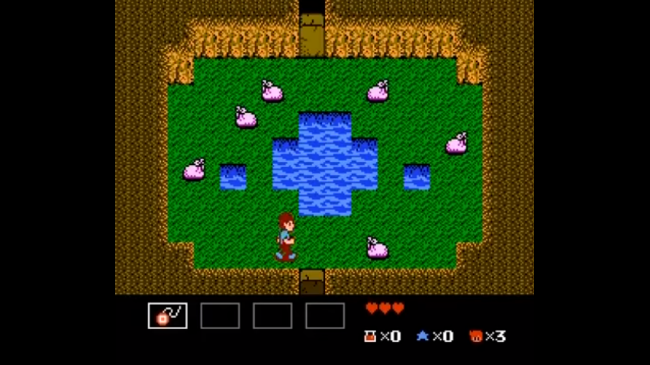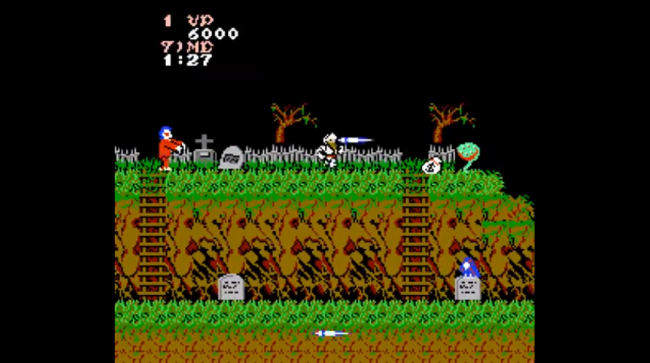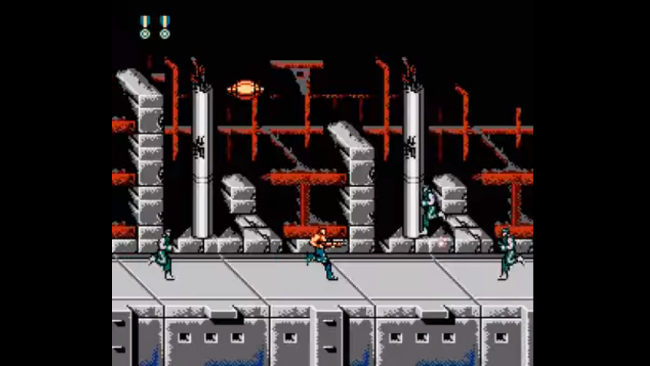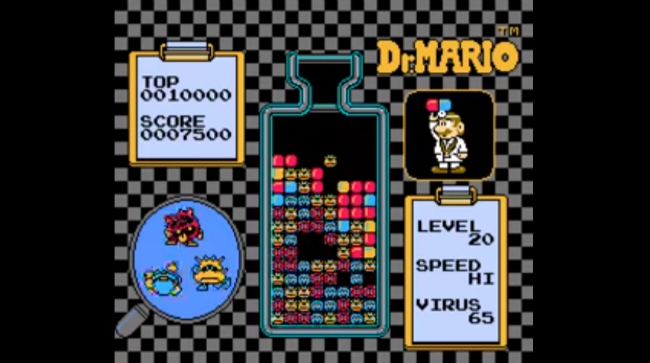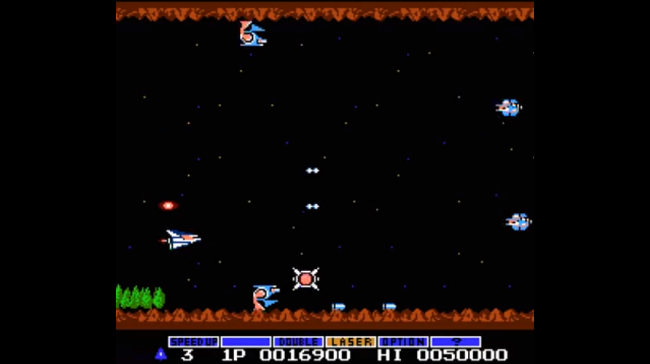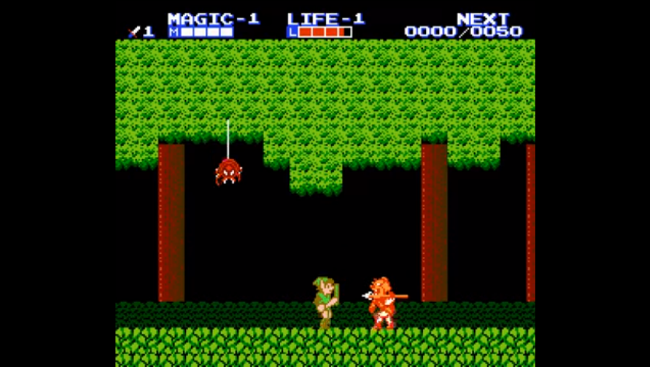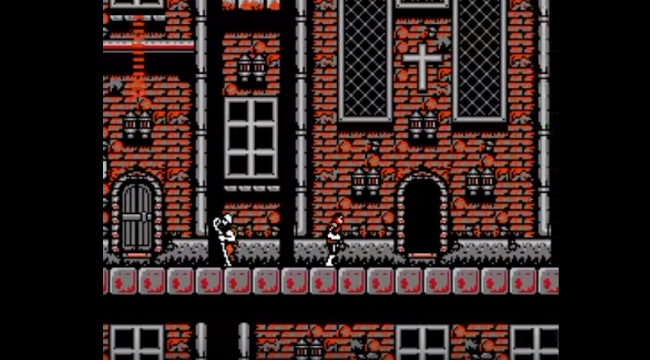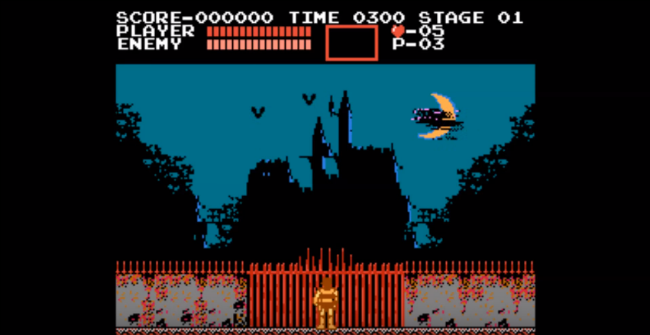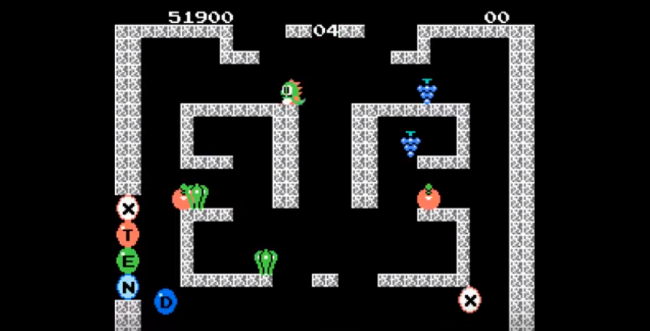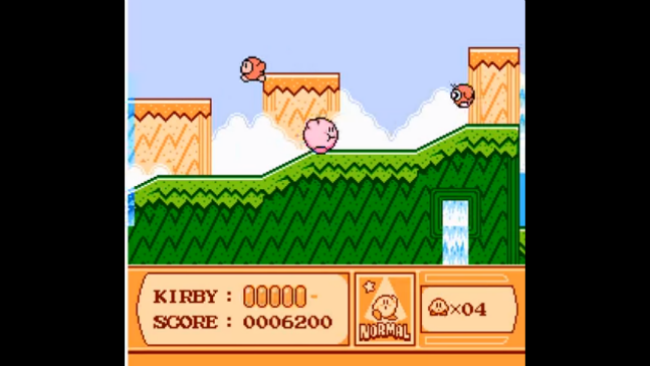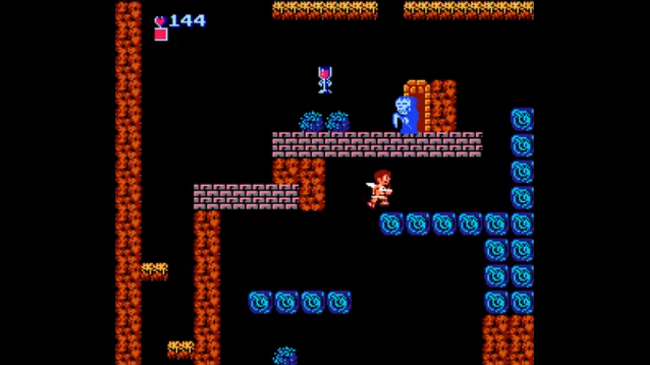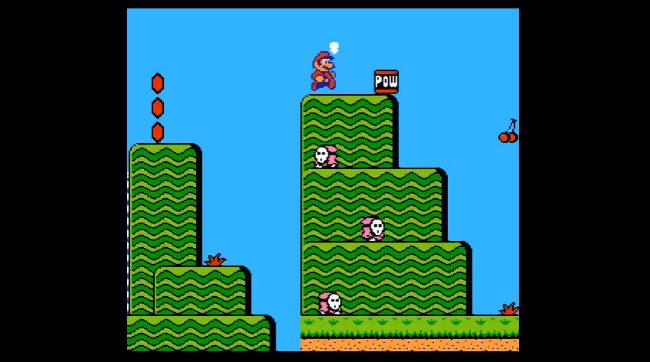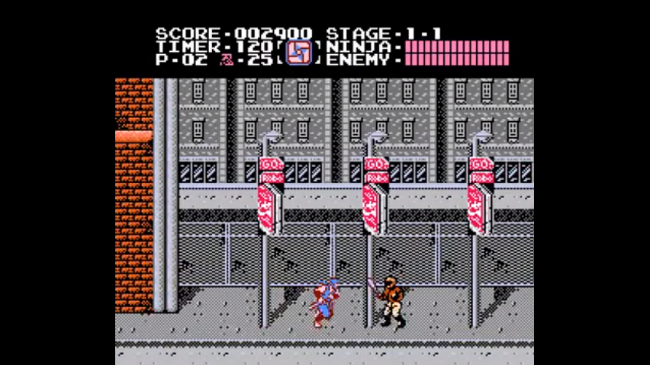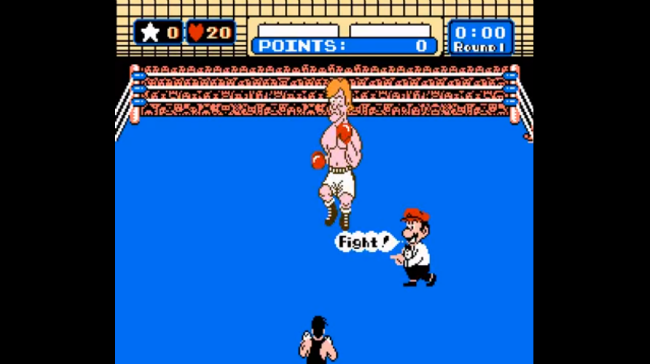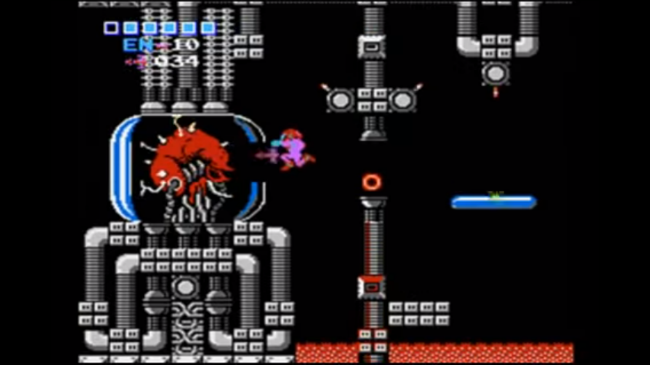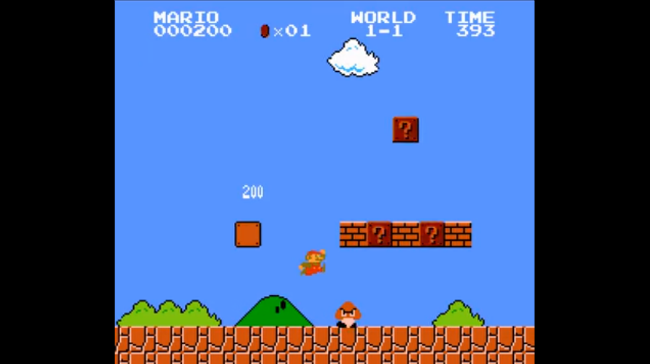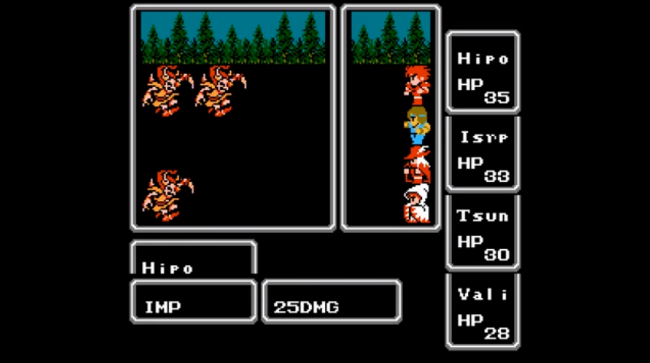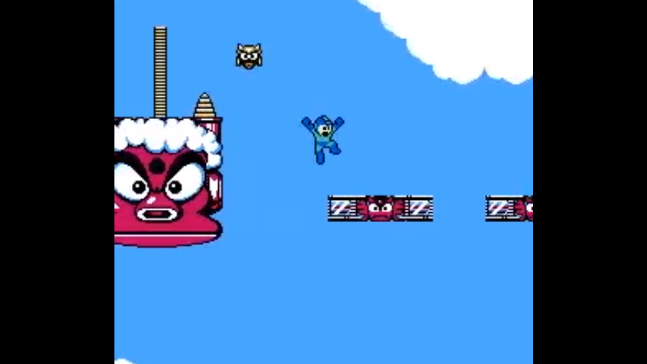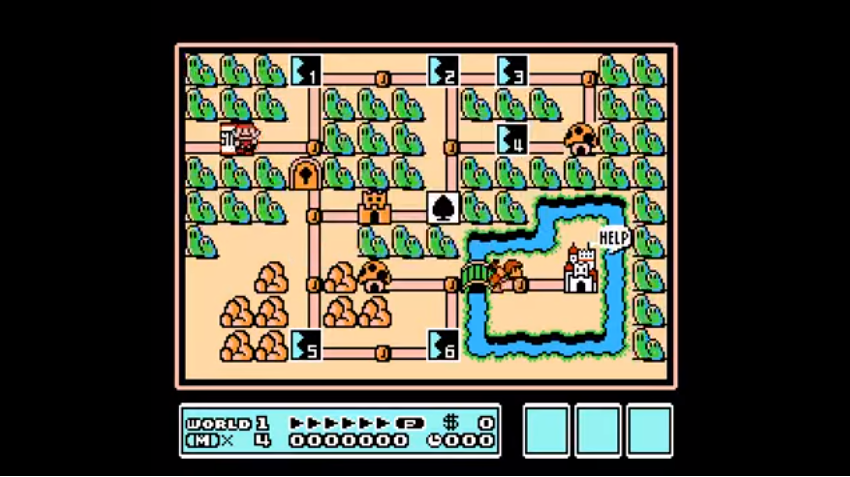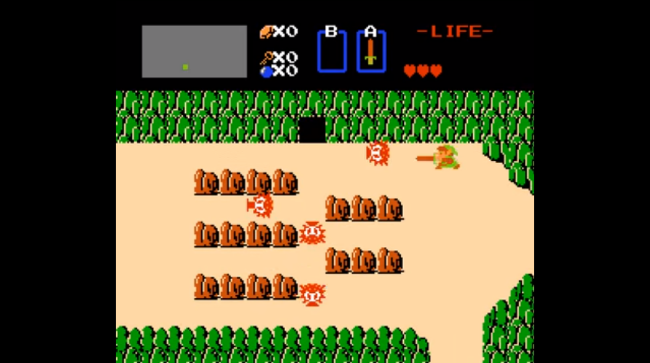Chances are you're still trying to get your hands on Nintendo’s NES Classic mini. The console was hottest holiday gifts of 2016, and even major outlets like Walmart and Amazon are struggling to keep them in stock. You can pick one up from a third-party reseller, or you can wait out the crowd and hope the supply at some point catches back up to the demand.
Regardless, at some point, you'll hopefully secure the NES Classic mini, and with it the 30 games that come pre-loaded onto the system. All of the games are classics, but inevitably you'll have to pick which ones to play first. We hope this power-ranking will make that decision easier. —Austin Powell
The best NES games
30. Galaga
Galaga is a pretty faithful port of the arcade game original. This was one of the NES games that proved Nintendo's game console could bring the experience of mall video arcades into your living room, sans all the people crowding around you and calling “next game” when you died.
29. Pac-Man
Another arcade port. The sound is a little off between the original arcade game and the NES version, but the mazes are faithful, so it almost felt like owning your own Pac-Man machine when this game was first released!
28 and 27. Donkey Kong and Donkey Kong Jr.
Another pair of arcade ports, this time starring Nintendo’s first iconic character, who recently celebrated his 35th anniversary!
26. Balloon Fight
Balloon Fight has a lot in common with the arcade game Joust. You float around the game level with a handful of balloons, and land on top of enemies who are also floating around with balloons. If you land on your opponent correctly, you pop their balloons and send them parachuting to the ground. The second hit kills them.
READ MORE:
25. Ice Climber
A launch title for the NES, Ice Climber is a vertical platformer where the player scales an ice mountain. You have a mallet to break rocks and ice that gets in your way or to smash enemies. There’s a bonus stage at the top of every mountain where you have to grab as many items as possible to bring you to the next stage before a giant condor flies past.
24. Mario Bros.
Yet another arcade port. The pair of plumbers star in what would become a prologue game to the “super” versions that would make Mario and Luigi household names.
23. Double Dragon II: The Revenge
This side-scrolling beat-em-up is a sequel to the original Double Dragon. Up to two players simultaneously walk through the streets beating up gang members and criminals using nothing but good timing, their fists, and their feet.
Double Dragon II improved upon the first game with animated cutscenes, better level designs, and cooler fighting moves. And if you turn on the option where players can hurt one another, Double Dragon II can provide for some excellent trolling material.
22. Excitebike
Excitebike was also a launch title for the NES. It's a motocross game in which the player not only has to navigate the tracks correctly, but also make sure their engine doesn't overheat while sticking jumps and avoiding obstacles.
You could also design your own courses, but this was long before the days of Super Mario Maker. Once you turned Excitebike off, you lost your custom designs because the cartridge had no batteries to power save game storage. The NES Classic Edition will hopefully allow save files.
21. Tecmo Bowl
Tecmo Bowl was the football game when it was released on the NES. It had nine players on either side of the line of scrimmage—a lot for a home football game at the time—and used the names of real NFL players (but not the names of real NFL teams, due to licensing issues).
Tecmo Bowl has a 2-player mode, though the basic gameplay is pretty simple. The player on defense tries to guess which of only four plays the offense will select, and if the player on defense guessed correctly they have the best defensive formation possible.
20. StarTropics
This may be one of the least recognizable games on the list. StarTropics is an adventure game with a Legend of Zelda vibe about a kid named Mike who’s on an adventure to find his missing uncle. Mike is armed with baseball bats, yo-yos, and other kid-like weapons as he wanders an overworld looking for villages and information that will lead him to the dungeons he needs to conquer.
19. Ghosts ‘n’ Goblins
Ghosts ‘n’ Goblins is a somewhat faithful port of the arcade game. The player takes the role of Arthur, a knight on a mission to rescue a princess. If he gets hit once, Arthur’s armor flies off and he’s running around in his underwear. This is pretty funny, given how hectic with enemies Ghosts ‘n’ Goblins almost always is. Arthur spends a lot of time running around in his boxer shorts.
Arthur also has a punishingly short time limit to beat each level, or he dies and had to start over. That part is not funny.
18. Super C
The second game in the Contra series on the NES, Super C pits a pair of Rambo-like commandos on a mission to destroy an alien named Red Falcon and his armies. Super C is a fast-moving side-scroller where the screen is almost always filled with bullets and enemies flying at you from all directions.
Powerups give you shotgun rounds or lasers that do much more damage than ordinary bullets, but this is a game practically made for two-player co-op, especially when it comes to fighting the bosses.
17. Dr. Mario
Dr. Mario is a puzzle game in which the player has a bottle that’s full of red, blue, and yellow viruses. The player has to color-match pills to the viruses until four items of the same color are in a row, after which all four pieces vanish from the inside of the bottle. The goal is to empty the bottle of viruses entirely.
This is also a game that might warrant a purchase of a second NES Classic Edition controller, because Dr. Mario has a two-player mode in which you race your opponent to see who can empty their bottle first.
16. Gradius
Gradius is a side-scrolling shooter from Konami that introduced the Vic Viper starfighter, who would later appear in Gradius II and Life Force. Gradius depends heavily on finding powerup tokens for the Viper that players can spend on different ship upgrades that fit with their play style. The levels can get very tight and hectic with enemies quickly, and the bosses have very specific weak points that players need to target.
15. Zelda II: The Adventure of Link
Zelda II: The Adventure of Link is a direct sequel to the original Legend of Zelda. Link has grown up and has to save Princess Zelda from a sleeping spell. The path to her rescue lies in six palaces in the land of Hyrule that Link has to find and beat.
This is a totally different game from the original. There's a huge overworld map that resembles something out of Final Fantasy or Dragon Warrior, with wandering monsters that Link has to fight if they catch him. Whenever the game changes to a fight scene, it turns into a side-scrolling platformer.
Zelda II has an experience point system, leveling up, towns with non-player characters that can teach skills to Link, and other RPG elements that are entirely absent in the original game.
14. Castlevania II: Simon’s Quest
The second game in the Castlevania series is a marked departure from the original. Castlevania II: Simon's Quest is an adventure game with recursive map elements instead of a linear platformer game.
Hero Simon Belmont had to recover six pieces of Dracula’s body and bring them together to destroy them all at once and banish Dracula for good. That means finding six mansions, each of which has one piece of Dracula’s body. That means traveling through a large overworld filled with towns and merchants, with a day/night cycle that changes which enemies spawn and how powerful they are.
Castlevania II also has an experience point system, townspeople characters who will give Simon clues, and uses items to give Simon permanent abilities that make him stronger as the game goes on. It's a very different game from the original.
13. Castlevania
The original Castlevania, a platforming game, was one of the first games to popularize the Konami brand name. Hero Simon Belmont is on a mission to destroy Dracula, by fighting his way through the vampire’s mansion using a magic whip. The whip became synonymous with all the Castlevania games that followed over the decades.
Castlevania has an extremely catchy soundtrack, colorful graphics, a nice aesthetic variety between levels, and a who’s-who of old-school monster movie villains as stage bosses.
12. Bubble Bobble
Bubble Bobble is another game that might make you want to purchase a second controller for your NES, because couch co-op Bubble Bobble is fantastic. The game has hundreds of stages for the dragons Bub and Bob to beat. They move by blowing bubbles that Bub and Bob can jump onto to float through the level. They also use the bubbles to capture enemies, and they kill the enemies by popping the bubble. There's a ton of variety and creativity in the game's hundreds of levels.
11. Kirby’s Adventure
Kirby’s Adventure was like a promotion for Kirby, who first appeared on the Game Boy and then graduated to the NES. It was another platformer that like the Super Mario Bros. series was split into worlds and levels, but what made Kirby special was his ability to eat things and gain powers and abilities. Kirby’s Adventure is also loaded with a ton of minigames and other side activities.
10. Kid Icarus
Kid Icarus isn’t as huge as icon as most others in Nintendo’s lexicon of characters, which is a shame because the original Kid Icarus is one of the coolest adventures on the system. The music and the art aesthetic were unique compared to other games released on the system early in the NES life cycle.
The game takes place in Angel Land, a world influenced by Ancient Greece. The hero, Kid Icarus uses a bow and arrow to defeat enemies as he conquers horizontal and vertical platforming levels, defeats fortress levels that contain bosses, and makes use of an extensive network of merchants and shops to upgrade his gear. And the final level turns the game into a shooter, not a platformer, which makes for an awesome ending.
9. Super Mario Bros. 2
Did you know that Super Mario Bros. 2 did not begin as a Super Mario Bros. game? It was originally called Doki Doki Panic, but the art was swapped (with other changes) to create the second game in the Super Mario Bros. series. Super Mario Bros. 2 was the first Mario game in which players could choose to play as the Princess or Toad. Super Mario Bros. 2 also introduced a health meter to the series.
8. Ninja Gaiden
The original Ninja Gaiden is punishingly difficult and is generally considered one of the most challenging games made for the NES. It also featured some of the slickest cutscenes and cinematics of any game at the time.
Ninja Gaiden introduces series hero Ryu Hayabusa, a ninja warrior on a mission to avenge the death of his father. You wall-hang with Ryu to set up ambushes on enemies, destroy lamps on the walls to reveal power-ups (a system that was obviously influenced by Castlevania), and face a boss at the end of each level.
7. Punch-Out!!! Featuring Mr. Dream
Originally released as Mike Tyson’s Punch Out!!!, this miniaturized version of the arcade game Punch-Out!!! is an exercise in carefully observing your opponent for tells, to see what punch they are going to throw and to prepare your counter punch.
Your eccentric opponents are defined by their nationalities, and you fight your way around the world until you faced Mike Tyson himself. Unfortunately, when the licensing deal ran out Tyson was replaced by Mr. Dream, and this is the version that will be included on the NES Classic Edition.
6. Metroid
Metroid is a mind-bending platformer adventure where you constantly backtrack your way through the planet Zebes to earn new items that unlock doors that had previously been closed to you. The goal is to destroy the evil supercomputer called Mother Brain.
Metroid has spooky sci-fi music, introduces Samus Aram (one of Nintendo’s most popular icons), and is also associated with the birth of the early speedrunning movement.
5. Super Mario Bros.
Of course Super Mario Bros. is on the new NES Classic—it’s been ported to almost every Nintendo game console ever. This was one of the games packaged with the NES back in 1984. Everybody had Super Mario Bros. It’s the birth of the Mario legend, the game that made side-scrolling platformers popular, and a defining moment in Nintendo’s history as a company.
4. Final Fantasy
The original Final Fantasy caught criticism for being a “clone” of Dragon Warrior, another RPG series on the NES, but Final Fantasy’s superior story is what ultimately made it the grandfather of the Japanese Role Playing Games (JPRG) genre and the start of a mega franchise that continues to thrill gamers today.
3. Mega Man 2
Mega Man 2 improved on the first game with better graphics, audio, level designs, game mechanics, and even added a password system so players could save their games. Mega Man 2 become a smash hit, and it's venerated as one of the best games ever made for the NES.
2. Super Mario Bros. 3
Super Mario Bros. 3 took the structure and elements of the original Super Mario Bros. and blew them up into an extravaganza. Now “worlds” weren’t just numbers before a game level: Mario actually moved through map screens that made each world look unique.
Super Mario Bros. 3 introduced fresh ideas like Mario wearing suits that would give him special abilities and Toad houses with mini-games that would become popular design elements for many Mario games to follow.
1. The Legend of Zelda
The original Legend of Zelda was one of the most engaging adventures ever released for the NES. You had to fully immerse yourself in the world to discover the locations of dungeons, shops, and secrets. It had unique enemies, interesting weapons and equipment to use, and puzzles to solve. And because The Legend of Zelda was released so early into the life cycle of the NES it became a standard entry in anyone’s collection.
The Legend of Zelda was also the very first game cartridge to include batteries so that you could save your game without needing to enter a save game code.
A version of this article was originally published on July 14, 2016.
